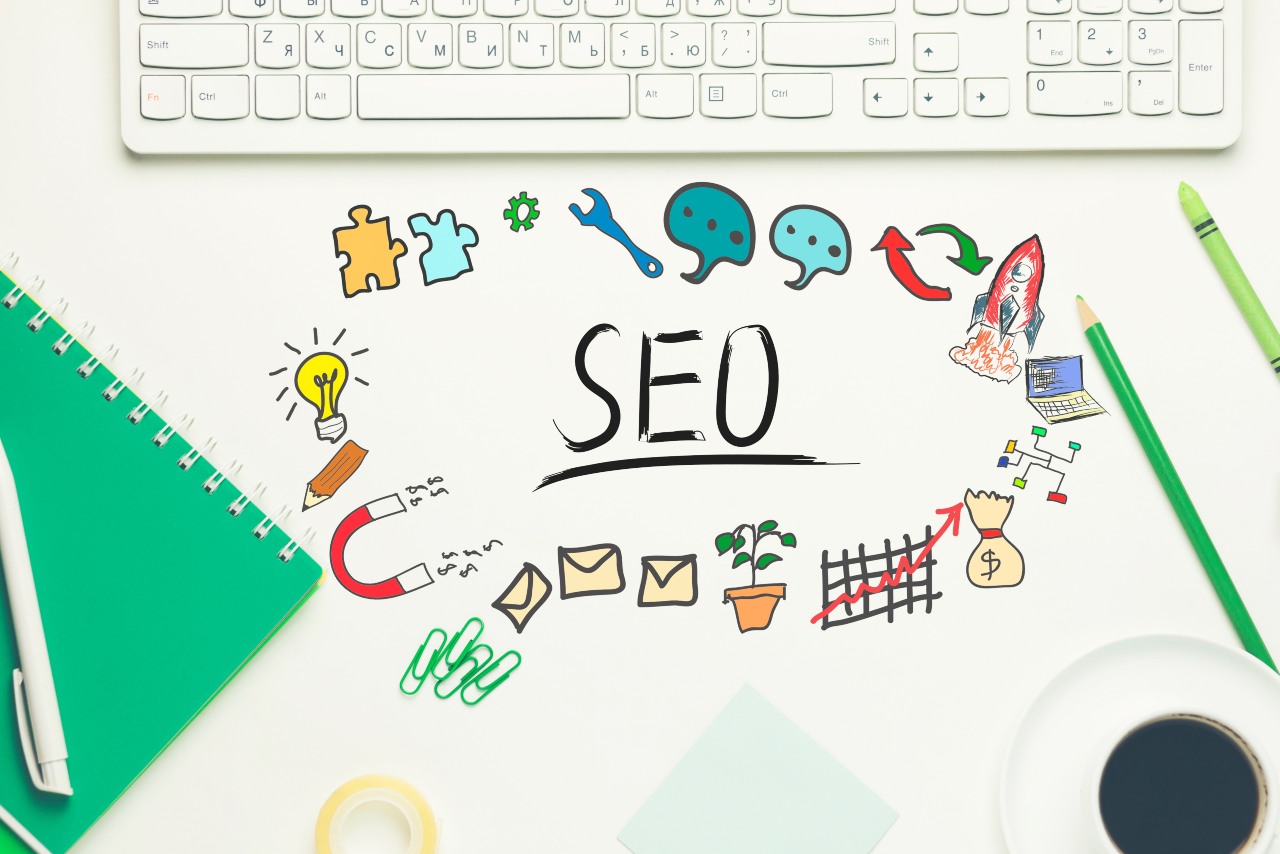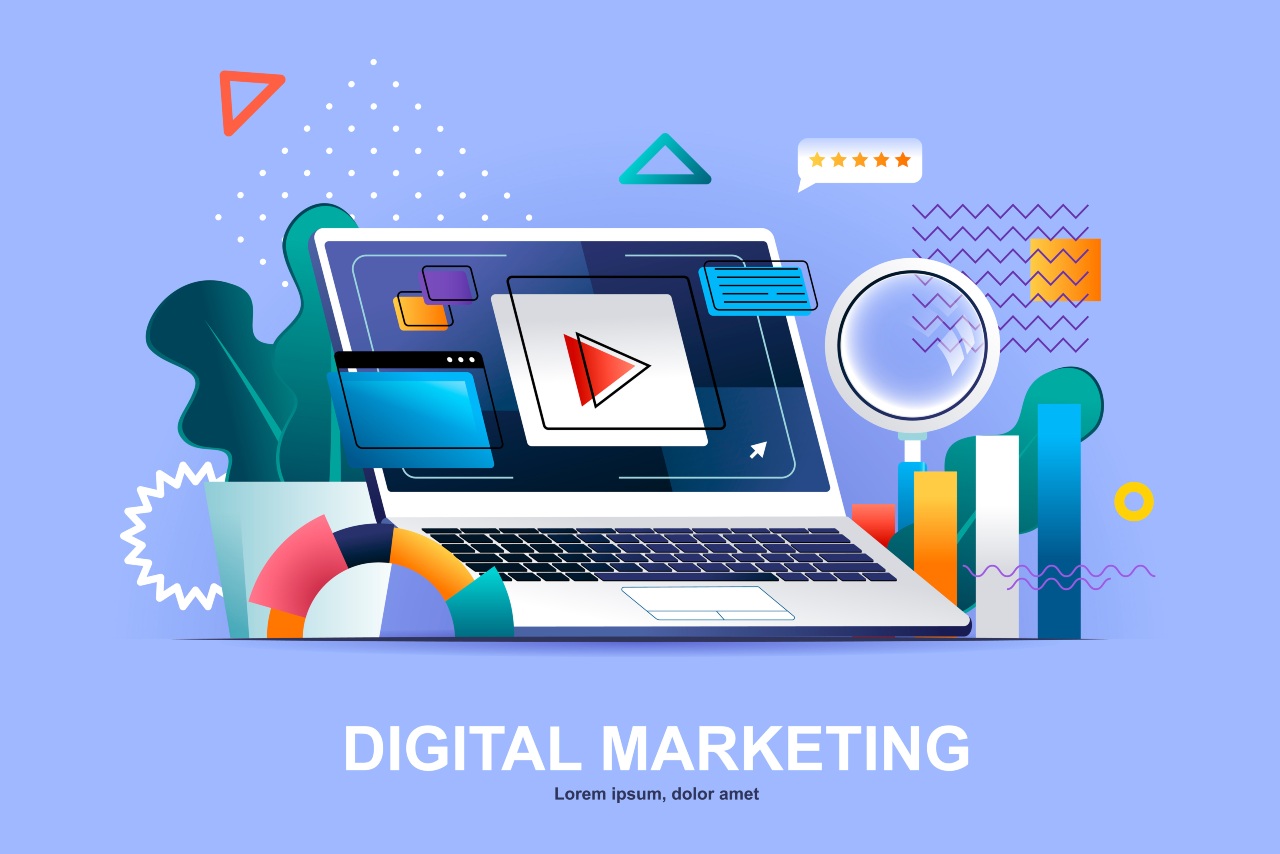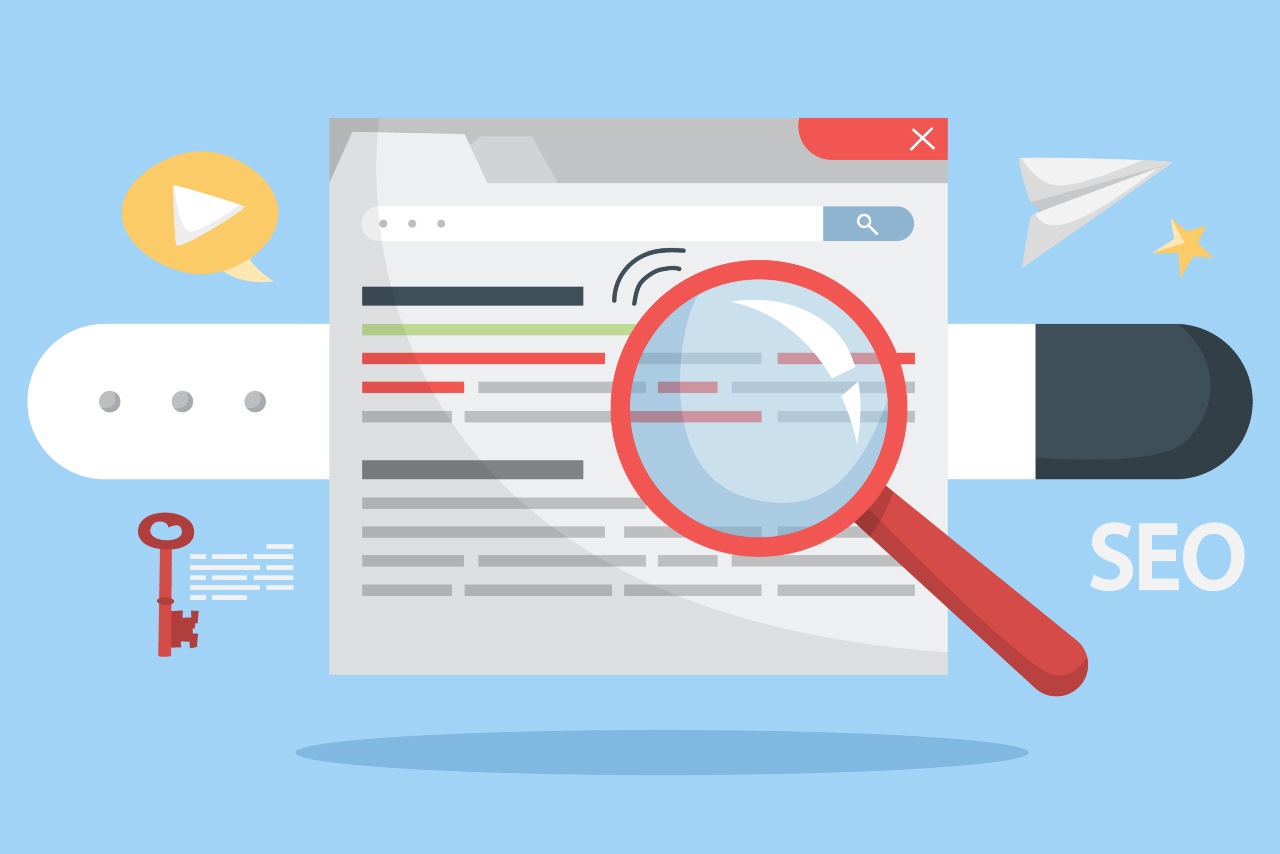
In the fast-paced digital landscape of the 21st century, online marketing (or digital marketing) has emerged as a crucial tool for businesses to connect with their target audiences and achieve unprecedented growth. Gone are the days of solely relying on traditional advertising channels; today, businesses must harness the power of the internet to thrive in the ever-evolving marketplace.
In this article, we will explore the main 7 elements of online marketing that have proven to be pivotal in unlocking success for modern businesses.
1. Content Creation – one of the most important elements of online marketing
At the heart of every successful online marketing campaign lies compelling content. Content creation is an art that involves crafting valuable, informative, and engaging material that resonates with your audience.
Whether it’s blog posts, articles, videos, infographics, or social media updates, captivating content captures the attention of potential customers and encourages them to take action. It’s vital to understand your target audience, their pain points, and desires to tailor your content in a way that addresses their needs, sparks curiosity, and fosters trust in your brand.
You may also like: How to Create Compelling Content that Converts?
2. Search Engine Optimization (SEO)

In the vast sea of the internet, being discovered by your target audience is paramount. That’s where Search Engine Optimization (SEO) comes into play. SEO is a multifaceted approach aimed at improving a website’s visibility on search engine results pages organically.
By optimizing keywords, meta tags, and enhancing the website’s user experience, businesses can climb the ranks and attract valuable organic traffic. Keeping up with search engine algorithms and providing relevant, high-quality content are the pillars of a successful SEO strategy.
3. Social Media Marketing – among the pivotal elements of online marketing
With billions of active users across various platforms, social media has become a virtual marketplace for businesses. Social media marketing enables businesses to connect with their audience on a personal level, fostering a sense of community and brand loyalty.
Platforms like Facebook, Instagram, Twitter, and LinkedIn provide unique opportunities for businesses to share content, engage with customers, and even run targeted advertising campaigns to reach their ideal customer base.
4. Pay-Per-Click Advertising (PPC)
While organic methods like SEO and social media marketing are effective, they often require time and patience to yield significant results. In contrast, Pay-Per-Click Advertising (PPC) offers businesses a more immediate way to generate traffic and leads.
Through PPC, businesses bid on specific keywords or target demographics, and their ads appear at the top of search engine results or on relevant websites. The beauty of PPC lies in its cost-effectiveness, as advertisers only pay when a user clicks on their ad, making it a measurable and scalable marketing strategy.
5. Email Marketing – trendy element of online marketing
Though it may seem old-fashioned, email marketing remains a powerful tool in the online marketing toolkit. Building an email list allows businesses to establish direct communication with their audience, delivering personalized messages and exclusive offers.
The key to successful email marketing lies in providing value to subscribers and avoiding spammy tactics. With carefully curated content and strategic email campaigns, businesses can nurture leads, drive sales, and strengthen customer loyalty.
You may also like: Top 7 email marketing practices for higher open rates
6. Influencer Marketing

As consumers become more adept at filtering out traditional advertising, influencer marketing has gained momentum. This approach leverages the influence of individuals with a substantial following in a specific niche to promote products or services.
Influencers are seen as more authentic and trustworthy, creating a bridge between businesses and their target audiences. Collaborating with influencers who align with your brand values and have an engaged audience can significantly boost your online presence and credibility.
7. Analytics and Data – essential elements of online marketing
The beauty of online marketing lies in its ability to track and measure every aspect of a campaign’s performance. Utilizing various analytics tools, businesses can gain valuable insights into their audience’s behavior, campaign effectiveness, and return on investment (ROI).
Data-driven decisions allow marketers to refine their strategies continuously, making improvements based on real-time feedback. This iterative approach ensures that online marketing efforts remain agile and adaptive to ever-changing market dynamics.
Final thoughts
Online marketing has revolutionized the way businesses connect with their customers, opening up a world of possibilities and opportunities. Embracing the main elements of online marketing empowers businesses to navigate the digital landscape with confidence and achieve unparalleled success.
In the meantime, if you decide to use some extra help for your online marketing, feel free to contact us and learn more about our digital marketing services. You can find more information at Sylably.com or on our flagship Facebook page.
You may also like: How to Create a Highly Targeted Marketing Campaign?
Did you like this article?
If you found this article helpful, please share with your friends, family, and colleagues who might also be interested in digital marketing services.
We would also love to hear your opinion, thoughts, and advice! Please leave your comments in the box below.
Thank you!











